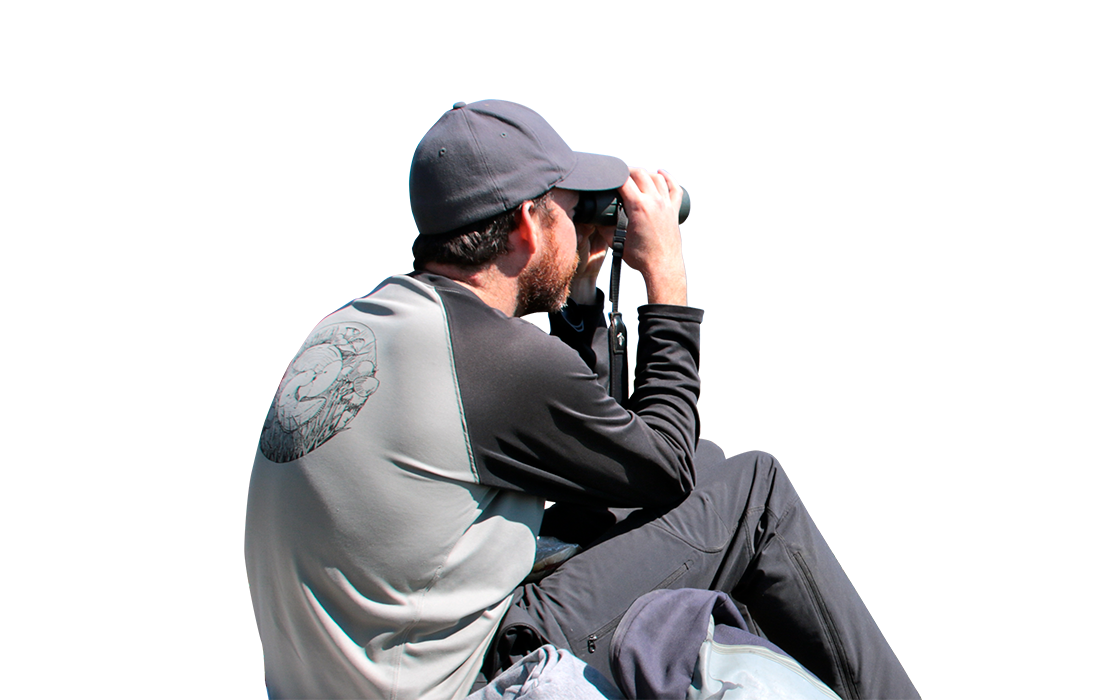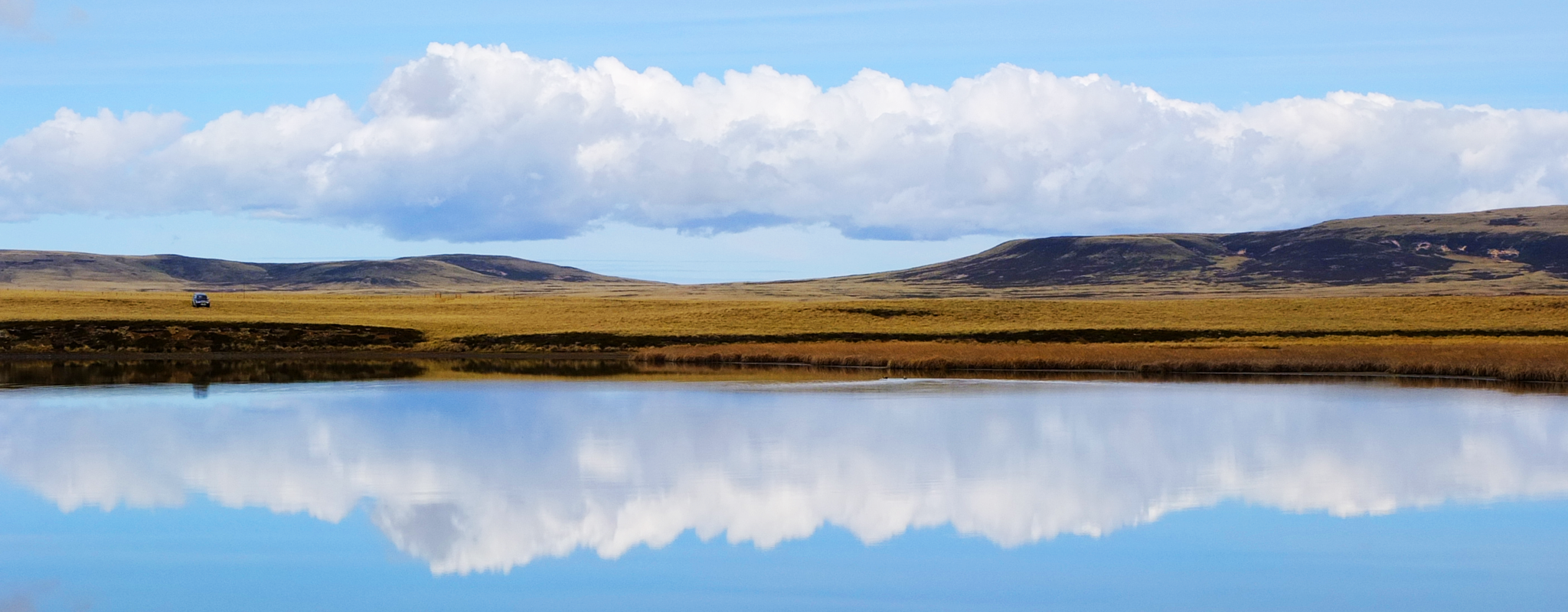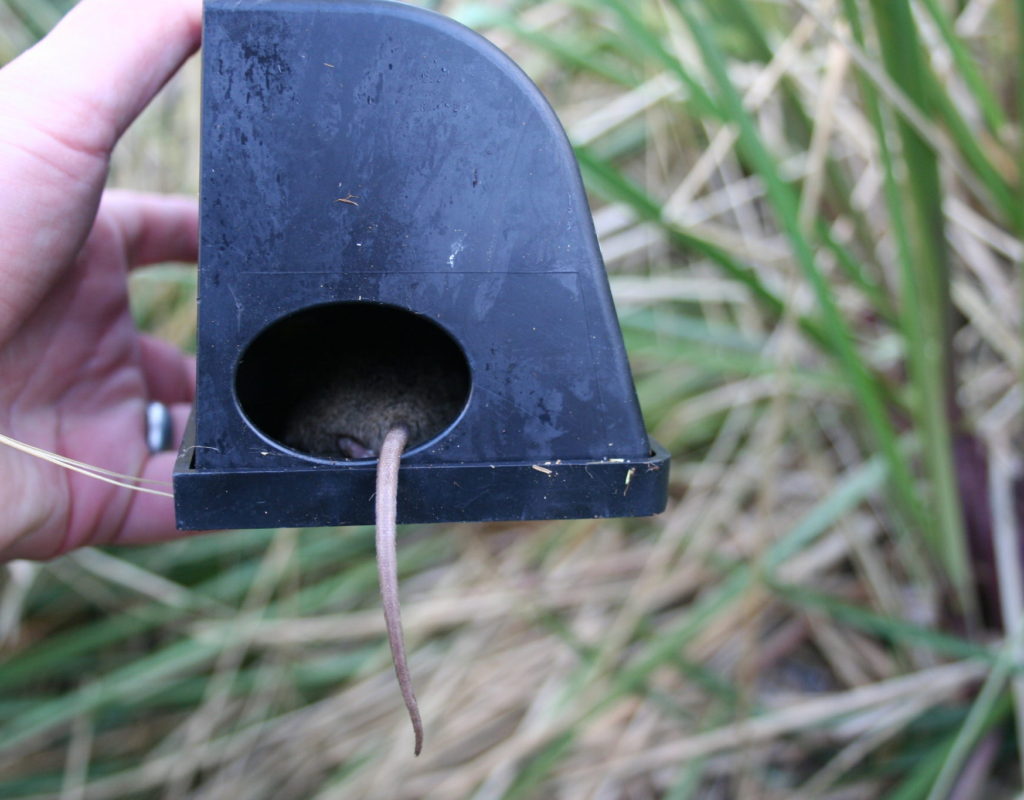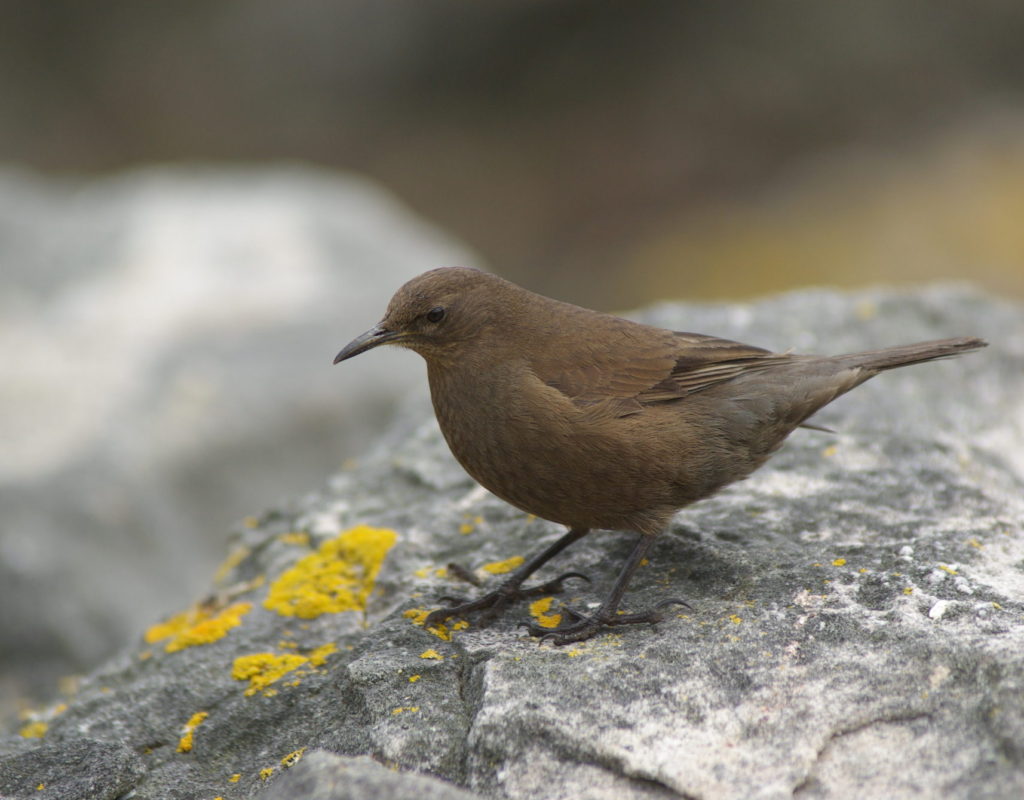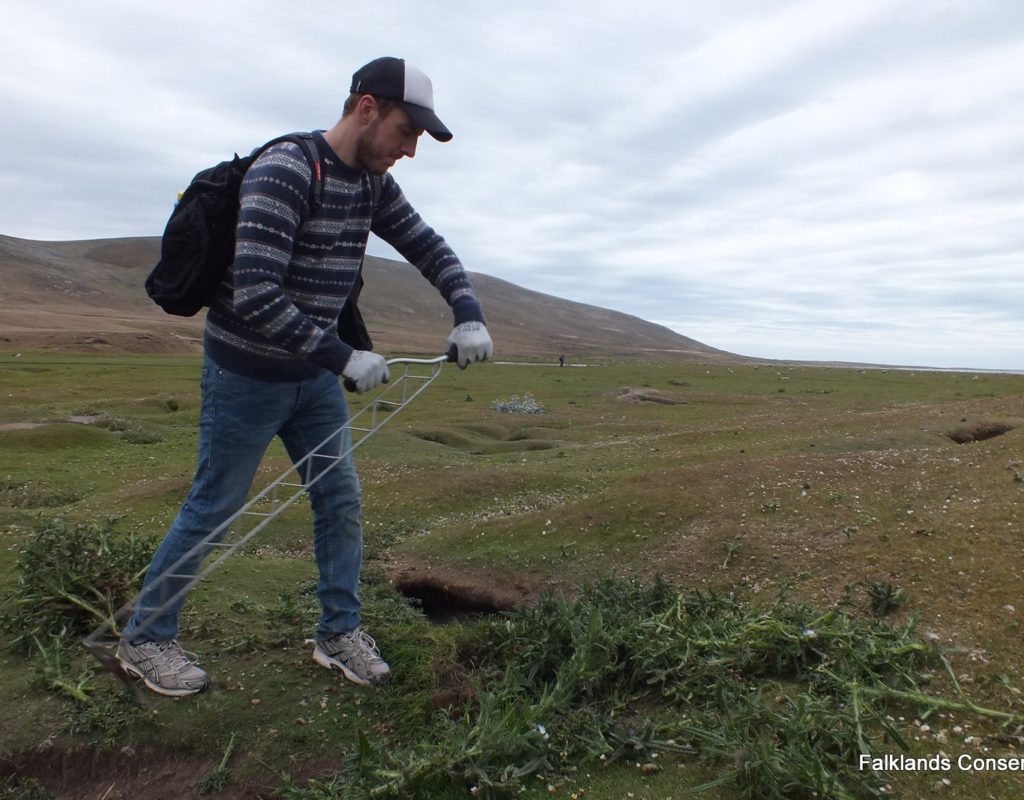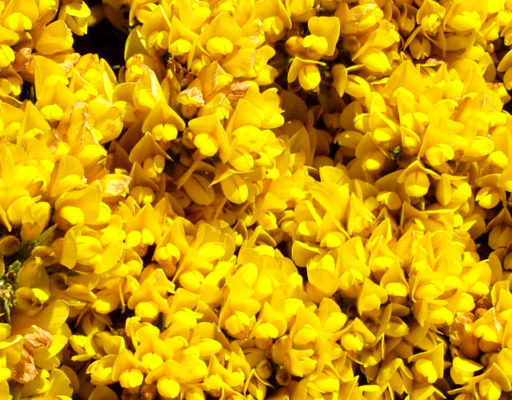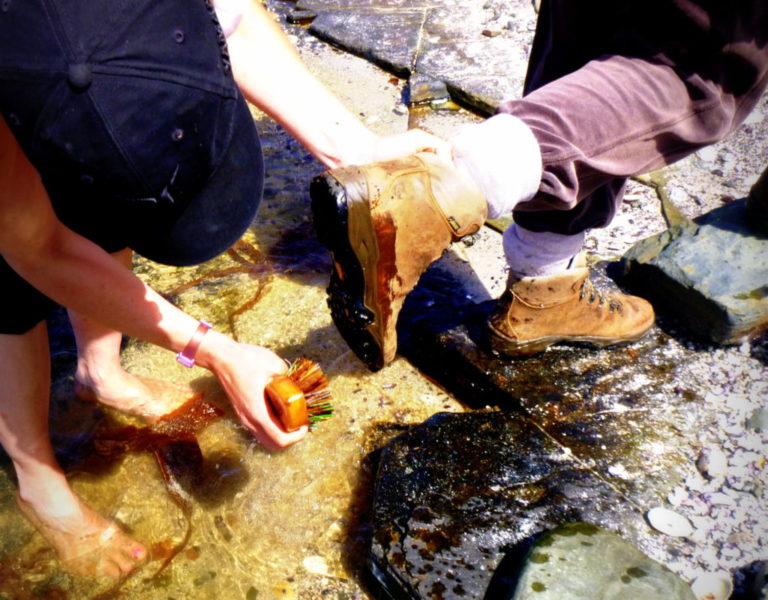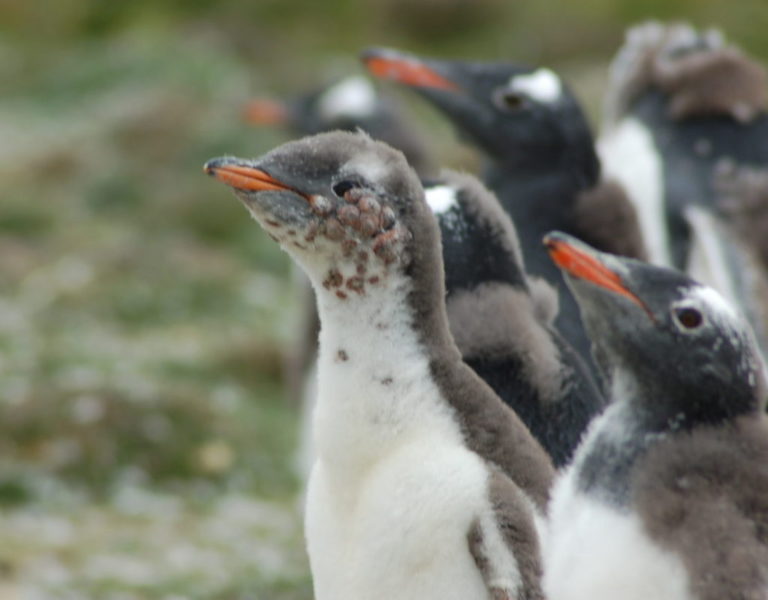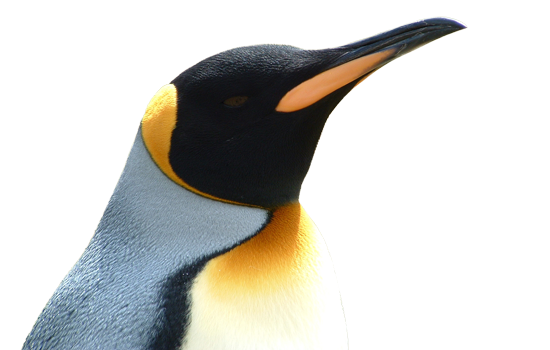Like many islands the Falklands have been affected by the introduction of rats, mice and cats. Introduced feral cats alone have contributed to at least 14% of all global bird, mammal and reptile extinctions and invasive vertebrates remain a significant threat. Two of the three Falklands endemic bird species cannot persist in the presence of rats. Given that less than 1% of the total Falkland Islands landmass remains rodent free, the invasion or re-invasion of rodent-free sites would have significant consequences. Falklands Conservation undertakes rodent eradications and works with stakeholders to raise awareness of biosecurity measures to prevent rodent invasion.
One such island that’s being threatened by invasive mammals is FC-owned New Island. As a result, we have begun a project investigating the best approach for a potential removal of rats, mice, feral cats and rabbits. Read more about our work here.
New Island Restoration



